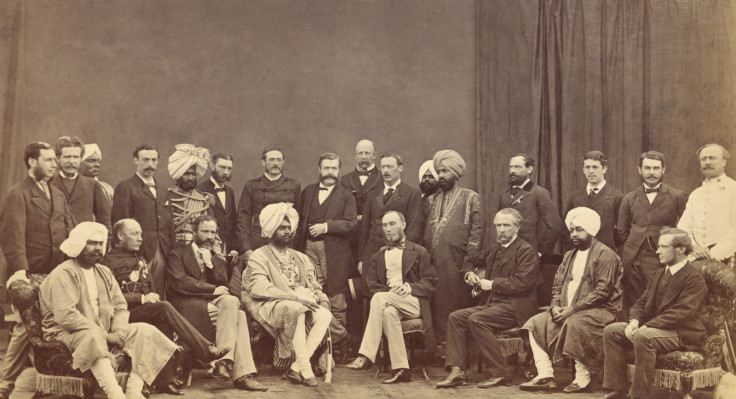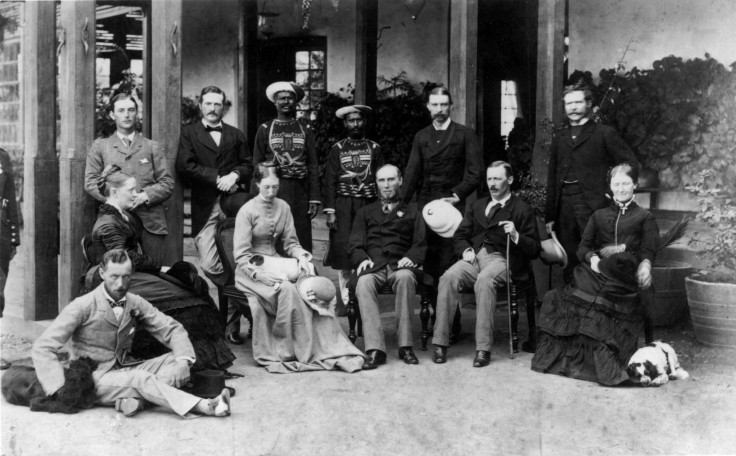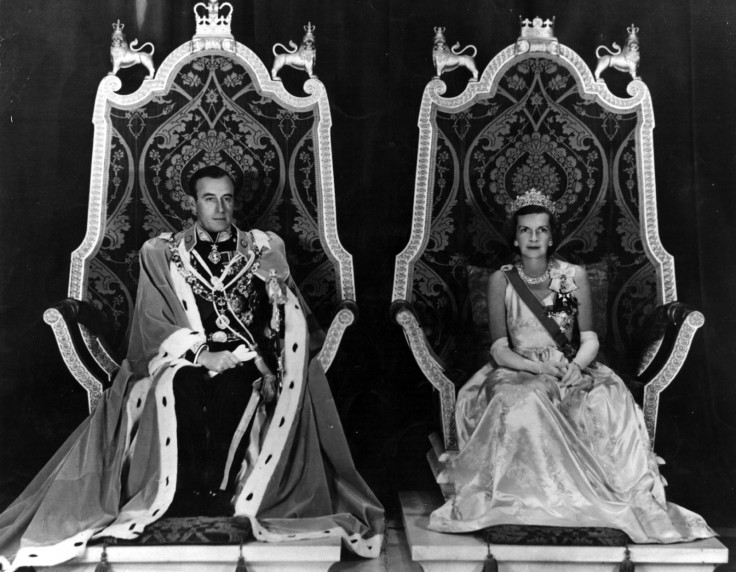India has forgiven Britain for 200 years of imperial enslavement – but we won't forget
Many Brits ignore the atrocities committed by ancestors and think the Empire civilised ignorant natives.

Most Indians have tended not to dwell on the country's colonial past. Britain's shambolic withdrawal from India in 1947 after two centuries of imperial rule was curiously without rancour, even though that original Brexit savagely partitioned the country and left it to tear itself apart. Indeed India chose to remain in the Commonwealth as a Republic and maintained cordial relations with the former imperial overlords.
When Winston Churchill, some years after Indian Independence, asked Prime Minister Jawaharlal Nehru, who had spent more than a decade of his life in British jails, how he was so devoid of bitterness, Nehru replied: "We were taught by a great man [Mahatma Gandhi] never to fear and never to hate."
Whether this was a national strength or a civilisational weakness, India has long refused to bear any grudge against Britain for 200 years of imperial enslavement, plunder and exploitation. It was therefore something of a surprise for me when a speech I made at the Oxford Union in the summer of 2015 – decrying the iniquities of British colonialism went viral – with one post racking up more than three million hits in just 48 hours.
Right-wing critics of my politics suspended their 'trolling' of me on social media to hail my speech. The Speaker of the Lok Sabha, Sumitra Mahajan, went out of her way to laud me at a function attended by the Prime Minister, Narendra Modi, who then congratulated me publicly for having said "the right things at the right place". Schools and colleges played the speech to their students; one university, the Central University of Jammu, organised a day-long seminar at which eminent scholars addressed specific points I had raised. Hundreds of articles were written for and against what I had said.
Two years later, I still keep meeting strangers who come up to me in public places to praise my 'Oxford speech'. My book on the same theme, An Era of Darkness, has stayed on Indian bestseller lists since its publication three months ago. This month, its British edition, Inglorious Empire: What the British Did to Indiahas entered the bookstores in the colonial capital.
The simple truth is that the British seized one of the richest countries in the world and, over 200 years of colonial rule, reduced it to one of the poorest countries in the world.
The simple truth is that the British seized one of the richest countries in the world (accounting for 27% of global GDP in 1700) and, over 200 years of colonial rule, reduced it to one of the poorest countries in the world. They did so through practices of loot, expropriation, and outright theft, enforced by the ruthless wielding of brute power, conducted in a spirit of deep racism and amoral cynicism, and justified by a staggering level of hypocrisy and cant.

Whether or not you agree with the American historian Will Durant that this was "the greatest crime in all human history", it was certainly no exercise in benign altruism, as some disingenuous British apologists have described it.
Londoners look at the magnificence of their city with no idea of the loot and rapacity that paid for it.
Britain has been suffering from a kind of historical amnesia about colonialism. Londoners look at the magnificence of their city with no idea of the loot and rapacity that paid for it. Many Brits are genuinely unaware of the atrocities committed by their ancestors, and some live in the blissful illusion that the Empire was some sort of civilising mission to uplift the ignorant natives.

The British tendency to brush colonial history under the carpet has been compounded by the gauzy romanticisation of Empire in assorted television soap operas that provide a rose-tinted view of the colonial era, glossing over the atrocities, exploitation, plunder and racism that were integral to the imperial enterprise.
Astonishingly, several British historians have written hugely successful books extolling what they see as the virtues of Empire. Many of the popular histories of the British Empire in the last decade or two, by the likes of Niall Ferguson and Lawrence James, have painted it in glowing colours. All this explains Britons' ignorance – but does not excuse it.
I'm not a fan of simple historical analogies, given the very different times we live in, but history always offers instructive lessons – as well as perspectives. As I say to young people in both Britain and India: If you don't know where you've come from, how will you appreciate where you're going?
As for my fellow Indians, they have an admirable quality of being able to "forgive and forget". I do want them to forgive – but not to forget.
My book is not intended to have any bearing on today's Indo-British relationship. That is now between two sovereign and equal nations, not between an imperial overlord and oppressed subjects. Indeed, when my book appeared in Delhi, British Prime Minister Theresa May was days away from a visit to India seeking investment from India in her post-Brexit economy. As I've often argued, you don't need to seek revenge upon history. History is its own revenge.
Shashi Tharoor is an MP for Thiruvananthapuram and author of 16 books. He is the former Minister of State for India and former Under-Secretary-General of the United Nations. His most recent book is Inglorious Empire: What the British Did to India.
© Copyright IBTimes 2025. All rights reserved.




















